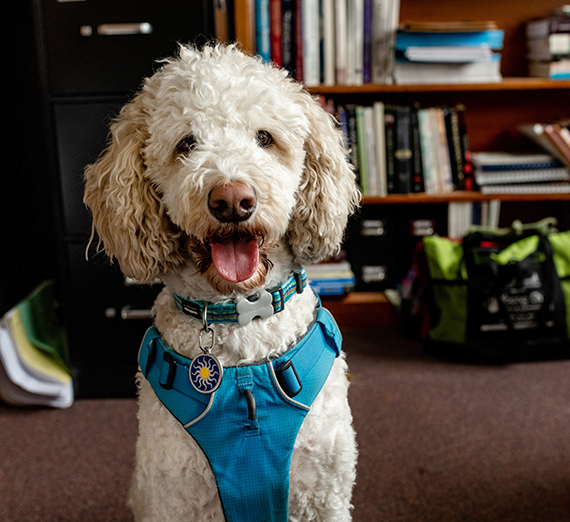Mann, J. C., Kretchmar, M. D., & Worsham, N. L. (2011). Being in relationship: Paradoxical truths and opportunities for change in foster care. Zero to Three, 31, 11-16.
Worsham, N. L., Kretchmar, M. D., *Swenson, N., & *Goodvin, R. (2009). At-risk mothers’ parenting capacity: An attachment theory and epistemological analysis. Clinical Child Psychology and Psychiatry, 14, 25-41.
Mann, J., Kretchmar, M. D., & Worsham, N. L. (2008). Critical issues in foster care: Lessons The Children’s Ark learned from Barbara and Nathan. Zero to Three, 28, 41-46.
Worsham, N. L., & *Goodvin, R. M. (2007). The Bee Kind Garden: A qualitative description of work with maltreated children. Clinical Child Psychology and Psychiatry, 12, 261-279.
*Crawford, E. K., Worsham, N. L., & *Swinehart, E. R. (2006). Attachment and benefits derived from companion animals. Anthrozoös, 19, 98-112.*
Worsham, N. L., & *Crawford, E. K. (2005). Parental illness and adolescent development. The Prevention Researcher, 12, 3-6.*
Kretchmar, M. D., Worsham, N. L., & *Swenson, N. (2005). Anna’s story: A qualitative analysis of an at-risk mother’s experience in an attachment-based foster care program. Attachment and Human Development, 7, 31-49.*
Ey, S., Compas, B. E., Epping-Jordan, J. E., & Worsham, N. (1998). Stress responses and psychological adjustment in cancer patients and their spouses. Journal of Psychosocial Oncology, 16, 59-77.*
Worsham, N. L., Compas, B. E., & Ey, S. (1997). Children's coping with parental illness. In S. A. Wolchik, & I. N. Sandler (Eds.), Handbook of children's coping: Linking theory and intervention (pp. 195-213). New York: Plenum.
Compas, B. E., Worsham, N. L., Ey, S., & Howell, D. C. (1996). When mom or dad has cancer: II. Coping, cognitive appraisals, and psychological distress in children of cancer patients. Health Psychology, 15, 167-175.
Compas, B. E., Worsham, N. L., Epping-Jordan, J. E., Howell, D. C., Grant, K. E., Mireault, G., & Malcarne, V. (1994). When mom or dad has cancer: Markers of psychological distress in cancer patients, spouses and children. Health Psychology, 13, 507-515.
Compas, B. E., Worsham, N. L., & Ey, S. (1992). Conceptual and developmental issues in children's coping with stress. In A. LaGreca, L. Siegel, J. Wallander, and C.E. Walker (Eds.) Advances in pediatric psychology: Stress and coping with pediatric conditions (pp. 7-24). New York: Guilford Press.
Following prior to employment at Gonzaga University
Compas, B. E., Banez, G. E., Malcarne, V. L. & Worsham, N. L. (1991). Perceived control and coping with stress: A developmental perspective. Journal of Social Issues, 47, 23 34.
Drew, C. J., & Worsham, N. L. (1987). Verbal learning errors by mentally retarded adolescents as a function of learning stage. Psychological Reports, 60, 597 598.
Wampold, B. E., & Worsham, N. L. (1986). Randomization tests for multiple baseline designs. Behavioral Assessment, 8, 135 143.
VanWagenen, L., Jenson, W. R., Worsham, N., & Petersen, B. P. (1985). The use of simultaneous communication to teach difficult verbal discriminations to an autistic and developmentally disabled child. Australian Journal of Human Communication Disorders, 13, 143 152.
(Undergraduate collaborator designated by *)
Manuscripts in Preparation
Worsham, N. L. (2017). Mindfulness meditation with children. Unpublished manuscript.


